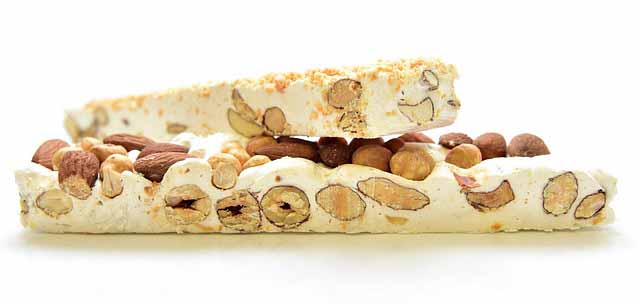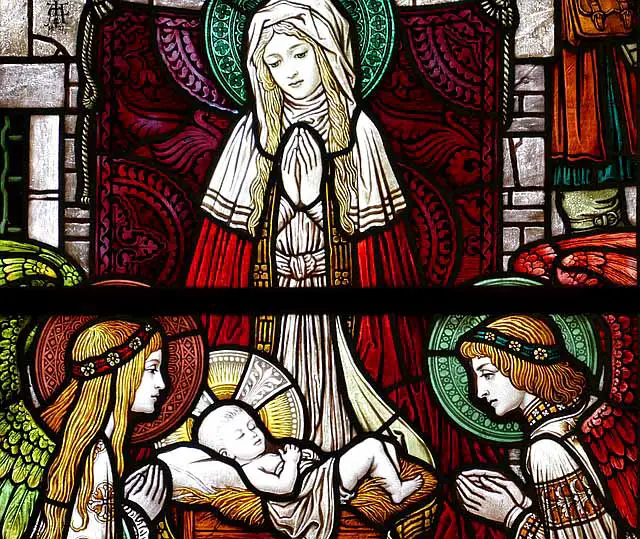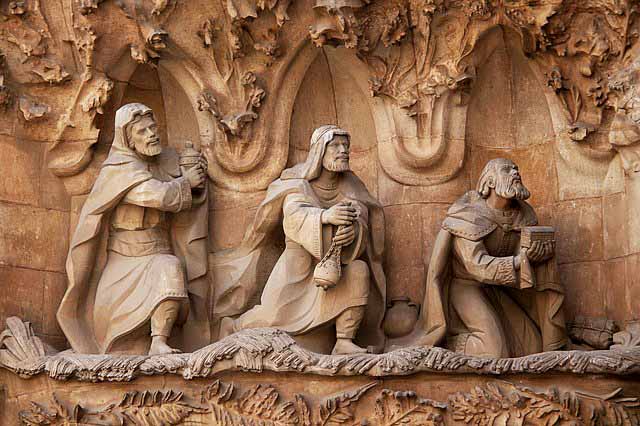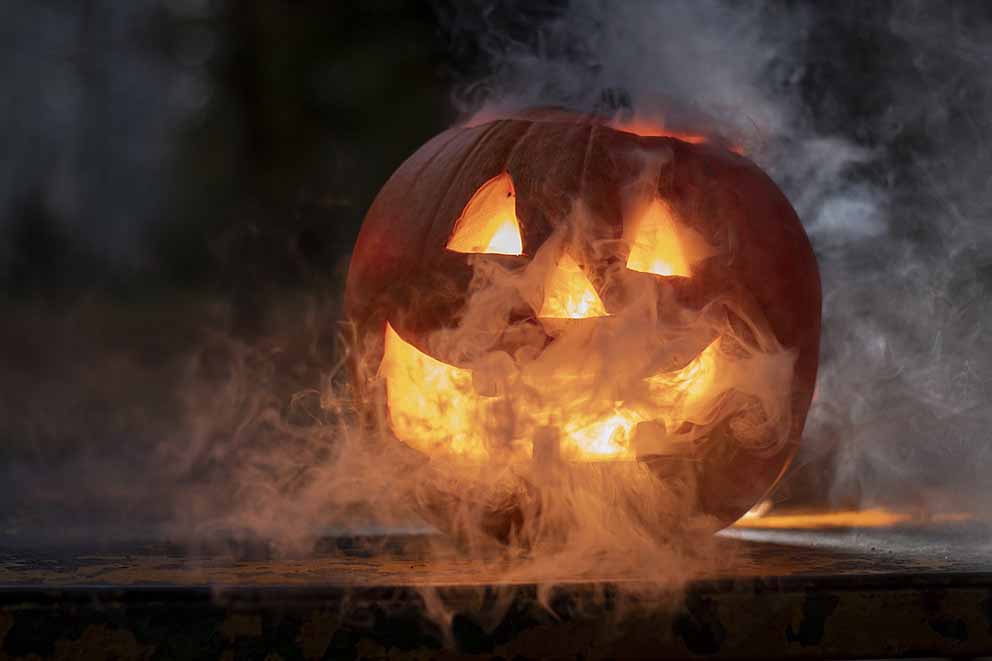Spanish Christmas is a festive holiday. It is rich in culture and tradition. You surely would not want to miss spending it with your Spanish friends. But first, you need to learn a few words and some of their customs to keep up a lively conversation. Read on to learn how to greet your friends Merry Christmas and happy new year in Spanish language.
¡Feliz Navidad¡ – Common Spanish Christmas Greetings
Spanish is easy. “El Español es facil.” You don’t have to learn the language to greet your friends in the Spanish speaking world this Christmas. You can hear those yuletide wishes in a song.
Let’s take a look at some of these Hispanic expressions to greet your friends merry Christmas and happy new year in Spanish.
- ¡Feliz Navidad! – Merry Christmas!
- ¡Felices fiestas! – Happy holidays!
- ¡Feliz Navidad y próspero Año Nuevo! – Merry Christmas and a happy New Year!
- Que pases lindo esta Navidad. – Have a nice time this Christmas.
- ¡Te deseo una feliz Navidad! — I wish you a Merry Christmas!
- ¡Mis mejores deseos para esta Navidad! — All my best wishes for this Christmas!
¡Feliz Navidad! Doesn’t that sound familiar? It’s a famous Christmas jingle.
“¡Feliz Navidad! Prospero año y felizidad!“
Merry Christmas and a prosperous new year. You hear that song every time during Christmas.
¡Feliz Año nuevo! – How to say Happy New Year in Spanish
- ¡Feliz Año nuevo! — Happy New Year!
- ¡Feliz Año nuevo a todos! — Happy New Year to all of you!
- ¡Próspero Año Nuevo! — A prosperous new year!
- ¡Te deseo un próspero año nuevo! — I wish you a prosperous new year!
Spanish Christmas Traditions
It’s not enough to only learn some basic Spanish phrases to greet your Hispanic friends this Christmas season. You will also find it interesting to know about the unique Spanish Christmas traditions. They’ve got plenty, but we’ll only name a few here.
- Misa de Gallo – You might have heard your Spanish colleagues at work talking to each other on Christmas eve. One of them asks, “A qué hora es la misa?” Your friend is asking when the mass will be held. It is Spanish religious tradition to attend the Holy Mass at midnight on December 24. The Spanish phrase means midnight mass.
- Noche Buena – Literally, it means a good night – una noche buena. At Christmastime, it is the most important tradition in every Spanish home. The whole family gathers together for a meal at la medianoche or midnight after the Misa de Gallo. Surprisingly, children don’t get to open their Christmas presents until early after the new year, according to Spanish tradition.
- Tres Reyes Magos – Traditional Spanish Christmas celebration last up to two weeks. It starts on Christmas eve and ends on the Feast of the Three Kings, or “Los Tres Reyes Magos“. It means the three magis. The pupils in Catholic schools know them very well. They are the three wise men who followed the star towards Bethlehem and gave their gifts to the baby Jesus at the stable. This is the time when children get to open their Christmas presents. There is no Santa Claus in Spanish Christmas.
- Portal de Belén – Spain is primarily a Catholic nation. Christmas is a Christian religious tradition. Many of their customs are influenced by Catholic tradition, such as the “Misa de Gallo”, “Fiesta de Los Tres Reyes Magos”, and “La Portal de Belén”. We’ve already covered what the other two customs are. “Portal de Belén” is simply a decorative figure of the biblical nativity scene. Saint Francis of Assisi started this Christmas tradition at his hermitage in Greccio, Italy.
You might also want to learn some Spanish religious terms and phrases to keep up the conversation this Christmas. Here are a few words you will commonly hear from your Spanish friends.
- ¡Que Dios te bendiga! — May God bless you!
- El niño Jesús — Baby Jesus
- La virgen María — Virgin Mary
- La Iglesia — Church
- La Misa — Mass
- Dónde es la misa? – Where is mass held?
Spaniards are generally friendly. So, it wouldn’t be unlikely that one of your Latino friends will have you over for “Noche Buena.” It would be good to know some typical Spanish dishes and presents to bring when you come to their home. It would be a good idea to bring some Spanish food to share with them and give their children little presents.
Typical Spanish Christmas Dishes
“¡Vamos a comer!” Let’s eat!
Here are a few delicious Spanish dishes typically served in the “Noche Buena.”
- Entremeses — Let’s start with the appetizers. Spanish Hors d’oeuvres would include deli meats like ham and sausages called chorizo with local cheese and black pudding called morcilla.
- Lobster and Prawns — For starters, you can have seafood soup or stew. Spanish people love seafood. They typically serve lobster or el Pavo (turkey) for the main course.
- Turrón — It is a kind of nougat usually made with almonds. Others use peanuts or walnuts. It is a favorite Spanish dessert for Christmastime.

- Cochinillo Asado — It means roast suckling pig, also called lechón. It is an ideal main course for a Spanish Yuletide meal. The pig is cooked on a bed of onions and potatoes until the skin is brown and crispy. La Cordero asado or roast lamb comes in place instead of cochinillo.
- La Cava — No Spanish Christmas meal will be complete without La Cava. It is a special kind of Champagne found in Catalonia. You could bring that as a gift for your Spanish host when you come to their home for a Spanish dinner.
There are plenty of other tasty dishes for Christmas, but these five can already complete a simple Noche Buena. Roscón de Reyes, or Spanish cake, is typically served only on the Feast of the Three Kings. It means king’s ring and, in the old days, the pastry came with a small gift or a coin. It will also make a good Christmas present.
Spaniards aren’t very picky when it comes to Christmas presents. Unless you’re a close relative or member of the family, you wouldn’t be obliged to bring a Christmas gift to your friend’s Christmas party. The best gift you can give is your precious time.
Of course, don’t forget to say your thanks. You might wanna learn these words and give a toast to your generous host at the end of the party. Here’s how you say it in Spanish:
- Brindo por la familia de… — A toast to the family of…
- Brindo por mi amigo… — A toast for my friend…
Finally, a little note on speaking those Spanish words. The grammar and intonation are pretty sensitive. A single letter and the wrong sound can change the meaning of your statement. So, I ask in Spanish, “Entiendes?” and you say, “Si, entiendo.” That means you understand what I said.
So, all that’s left for us is to wish you a Merry Christmas and happy new year in Spanish :
¡Que pases lindo esta Navidad! — Have a wonderful Christmas!






